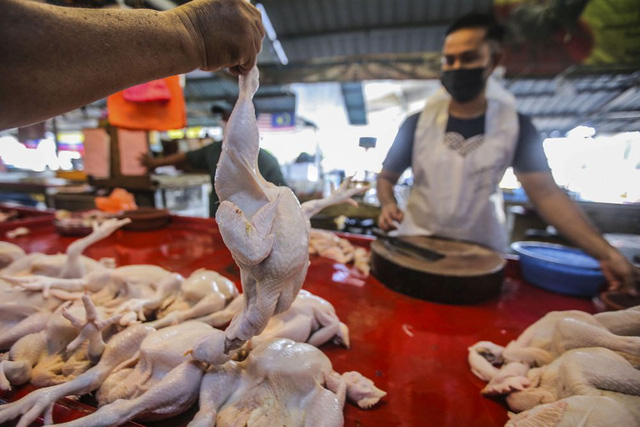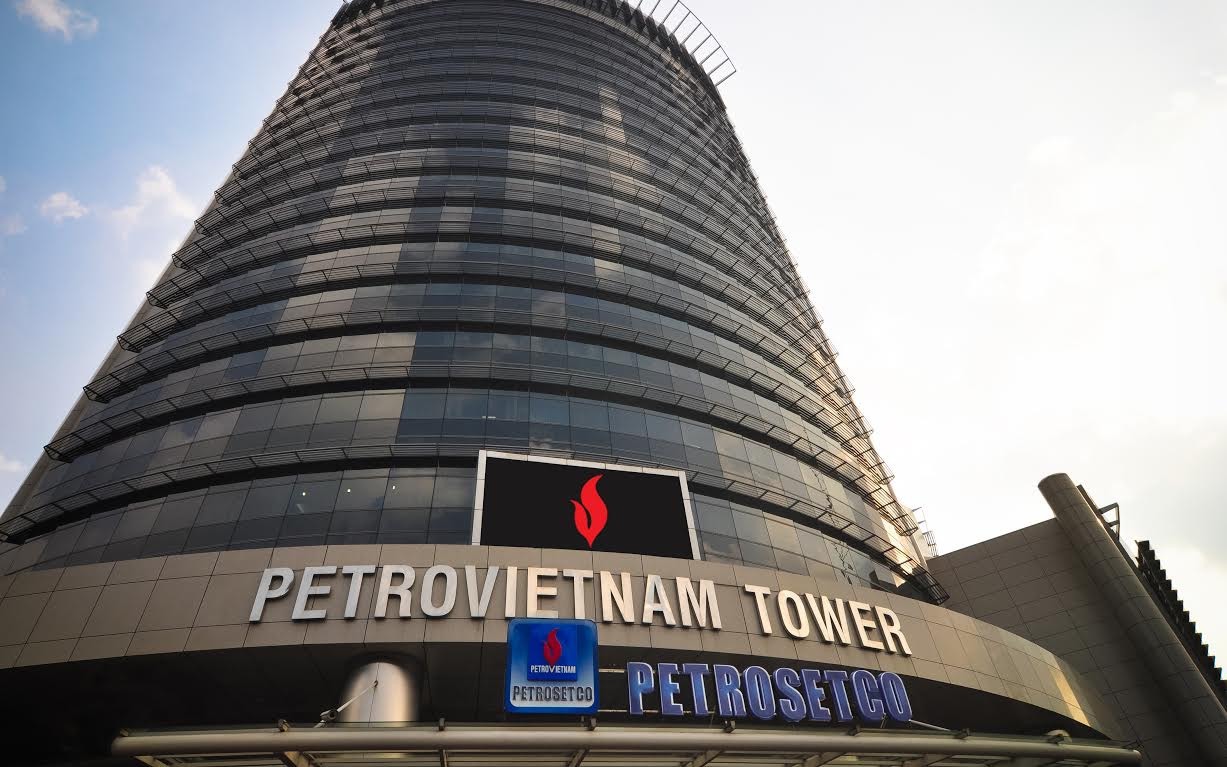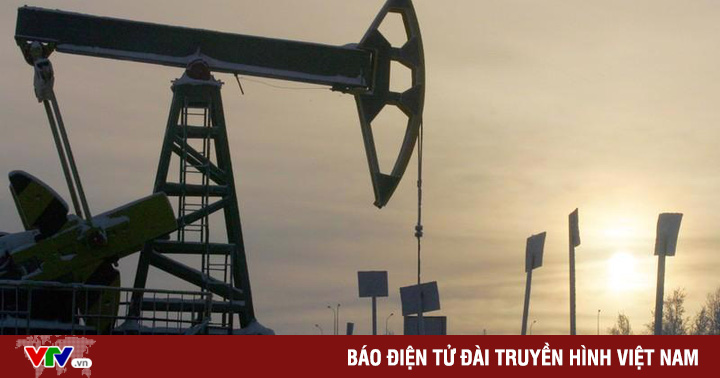Malaysia tries to contain the increase in chicken prices
Food and food prices in many parts of the world have continuously increased in recent times due to the influence of the supply chain, the conflict in Ukraine. Currently, 30 countries have had to issue bans on the export of food and agricultural products to ensure their own food security.
Specifically, India has issued a ban on wheat exports, while Indonesia has suspended palm oil exports. Recently, the Malaysian government has issued an export ban chickenin the context that this Southeast Asian country is facing a shortage of domestic supply and escalating prices.
In addition to export controls, Malaysia will seek to increase chicken production, remove some import permits and investigate allegations of price hikes.

Buy and sell chicken at a market in Kuala Lumpur, Malaysia. (Photo: Malay Mail)
Starting from June 1, Malaysia will suspend the export of 3.6 million chickens per month until prices and supply are stabilized.
The decision was made by the Malaysian government in the context that the country is facing a shortage of domestic supply and a sharp increase in chicken prices.
In the capital Kuala Lumpur, the price of raw chicken is up to 11 Ringgit, about 60,000 VND per kilogram. Meanwhile, chicken is one of the favorite foods of the people of this country.
In addition to a short-term measure to regulate exports to address chicken shortages, the government has agreed to establish a national chicken stockpile in cold storages owned by the Ministry of Agriculture and Food Industry.
In addition, the country also abolished a number of import ban permits for chicken meat including whole chicken and chicken parts to create favorable conditions for importers to supply more to the market. At the same time, the country is also looking to simplify the subsidy process for poultry farmers.
“We ask businesses to work with the government to ensure that food items, especially poultry, are not short of supply to Malaysian consumers,” said Nik Muhammad Zawawi, Deputy Minister Ministry of Agriculture and Food Industry Malaysia, emphasized.
In addition, the government also strengthens control over poultry farming groups over the price and output of chicken, as well as investigating allegations related to price raising and market manipulation. If any company is found to raise prices illegally, they will be severely punished.
According to the Department of Animal Health Malaysia, each year the country usually exports nearly 50 million live chickens and about 42 tons of poultry meat. The main export markets of this country include: Singapore, Thailand, Japan, Hong Kong special administrative region, China.
Singapore copes with chicken shortage
About a third of the chicken consumed in Singapore is imported from neighboring Malaysia. Malaysia’s ban on chicken exports makes Singaporean officials very concerned about the shortage of supply, as well as the risk of a sharp increase in the price of this item in the near future.
Singapore’s chicken importers warn that Malaysia’s ban on chicken exports will cause the price of chicken and related products to rise sharply in the near future. It is estimated that the price of chicken could increase by 15%.
“I specialize in importing chickens from Malaysia. Now I can only sit and wait for the situation to be resolved,” said a chicken seller.
“I will buy more chicken and store it in the freezer to eat later. Although it won’t taste as good as raw chicken, it is better than nothing,” one customer shared.
In 2021, Singapore imported a total of 73,000 tons of chicken, with 33% coming from neighboring Malaysia. Most of the chickens imported from Malaysia are raw, then slaughtered and refrigerated in Singapore.
Immediately after Malaysia’s announcement about the ban on chicken exports, chicken processing plants were operating at full capacity and looking for ways to increase supply to cope with the expected shortage in the near future.
Some Singaporean importers had to apply for permits to increase their imports by 25% to 60,000 chickens per day before the June 1 deadline.
A representative of an enterprise said that they will have to open an additional line and increase workers to process chicken meat to meet the sharp increase in imports.
“We’ve been trying to close the gap between consumer demand and supply for the moment. We’re always on the alert that people will buy more, leading to no stock left on the shelves,” he said. James Sim, Development Director of KEE SONG Food Group, said.
Singaporean authorities are currently working with importers to minimize the impact on the market, and urge people to only buy food according to their needs.
Currently, Singapore’s chicken importers are starting to negotiate to find an alternative source for Malaysia from Australia or New Zealand.
* Invite readers to watch programs broadcast by Vietnam Television on TV Online and VTVGo!
at Blogtuan.info – Source: vtv.vn – Read the original article here



